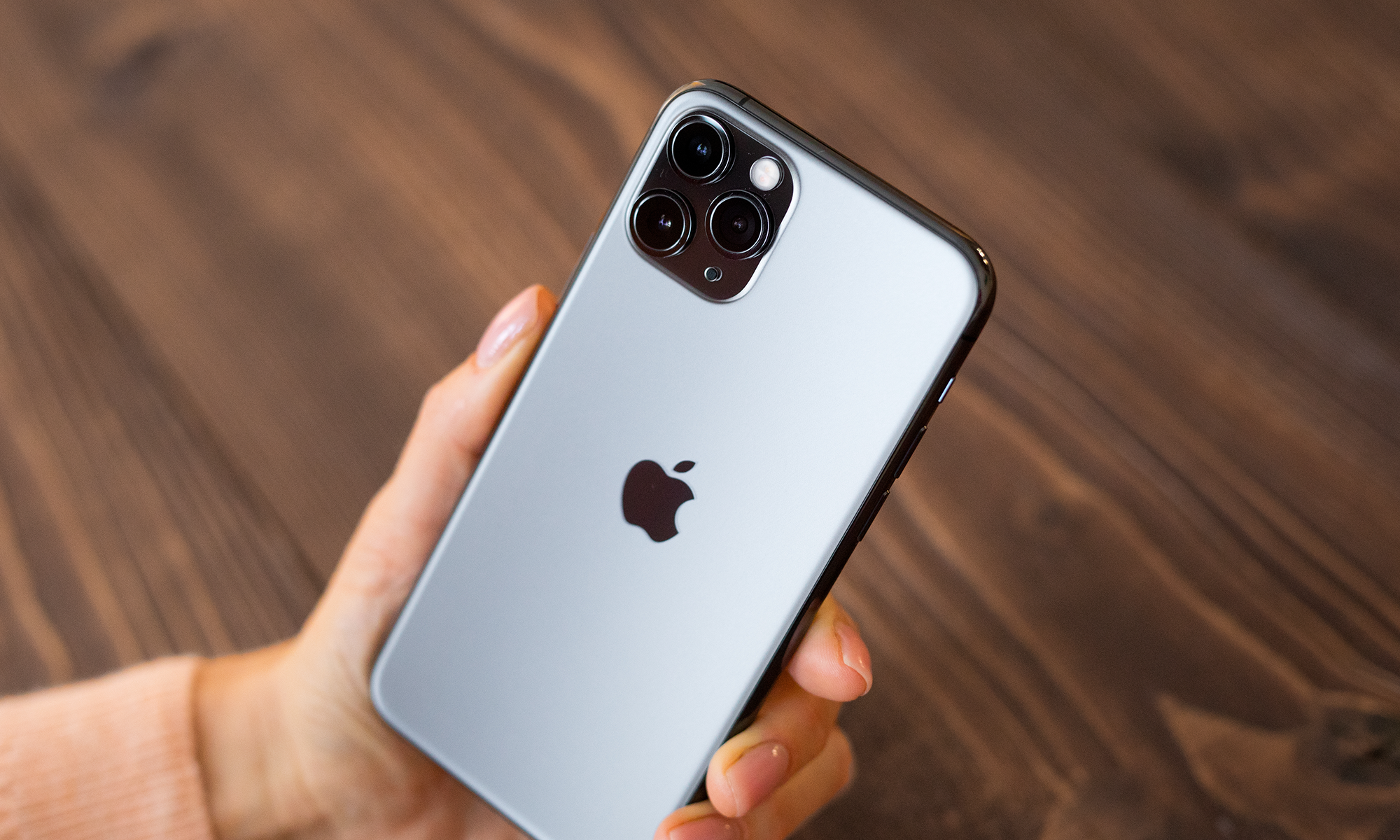
Source: Microsoft
It's safe to say Microsoft (MSFT 0.83%) really doesn't like Apple's (AAPL +0.62%) MacBook Air. First there were commercials comparing its Surface Pro 3 tablet to Apple's laptop; now the company is back with comparisons, this time courtesy of Lenovo's Yoga 3 Pro. The commercial, dubbed "Let's Dance," plays up Lenovo's advantages: a thinner form factor, tablet functionality, and a touchscreen.
Still, this is an interesting move for Microsoft: By replacing the comparison product from its own Surface Pro line to an OEM-made product, essentially choosing to emphasize its operating system, what does this mean for Microsoft's tablet future and its relationship with OEMs? In addition, why is Microsoft still attacking Apple's MacBook Air?
Mac had an amazing quarter, while Surface is still struggling
The answer may lie in Apple's recent fourth-quarter earnings report. In it, the Mac line outperformed and became Apple's second-largest revenue driver by knocking the iPad to No. 3. Matter of fact, Apple's Mac line increased revenue 20% sequentially and 18% on a year-over-year basis.
Outside of the iPhone, the Mac was Apple's highest growth product. And although Apple's Mac line is more than the MacBook Air, it's safe to say that Microsoft's commercials didn't dampen Mac demand in any meaningful way.
Microsoft's Surface line hasn't fared as well. Although in the recent reported September quarter the company stated the Surface line posted a positive gross margin (read: turned a profit), this is the first quarter that its tablet could say the same according to ComputerWorld.
According to their calculations, the tablet is still $1.6 billion in the red after this quarter. And although Microsoft doesn't specifically break out the Surface's cost of revenue, analysts estimate its gross margins at 9%-13.4% for the Surface this quarter -- less than half of those of Apple's iPad line. To be fair, the company did grow Surface revenues 127% year-over-year, but still didn't top $1 billion in Surface sales.
The comparison never felt right
Microsoft sought to position its Surface Pro 3 as more of a laptop than an actual tablet, possibly as a way to justify its rather expensive price tag. Its tag line was "the tablet that can replace your laptop." In subsequent commercials, the company played up its advantages compared to Apple's MacBook instead of its true competition, the iPad. The commercial was akin to watching a slick magician after being told his secrets; you almost wanted to yell out "but the iPad..." during the spot.
Perhaps Microsoft's product positioning is due to falling tablet sales. After years of stratospheric growth, tablet growth is slowing, and the product mix is moving toward lower-price units indicative of a "good enough" market. In addition, the United States faces longer refresh cycles and saturation, making it hard for late-to-the-game Microsoft to achieve meaningful market share.
The PC is awful, but the ultra-premium mobile market is doing well
Still, the tablet market is growing. That's something you can't say for the PC market. Gartner found the PC market contracted 9.5% in 2013 and is on pace to fall another 2.9% this year. However, the ultra-mobile premium market (for light, upscale products like MacBook Air and the new Yoga 3) is actually doing well. Gartner's research found unit shipments of this particular subset will jump nearly 50% this year and another 70% in 2015. So one can see why Microsoft would want to extend their operating system lead by pairing with a true ultra-premium mobile device.
In addition, this commercial helps Microsoft remain in the good graces of its OEMs. Once OEM-partner HP's CEO, Meg Whitman, characterized described her company and Microsoft as "enemies" when Microsoft entered both the tablet and smartphone markets. It doesn't hurt Microsoft to at least appear to be interested in its OEM success. And with Lenovo finally becoming a three-device OEM (PCs, tablets, and phones) after buying Motorola Mobility from Google, Microsoft should be vested in its success.
Final thoughts
Personally, I like Microsoft's move here. Although it receives abundant negative coverage for its struggling devices, Microsoft isn't dependent upon them. Right now it is more important that Microsoft keeps its operating system dominance.
And as far as growth is concerned, new CEO Satya Nadella refers to Microsoft as a "mobile first, cloud first" company --and after growing cloud-based revenue 128% year-over-year last quarter, that will be more important than Microsoft's Surface tablet going forward.







